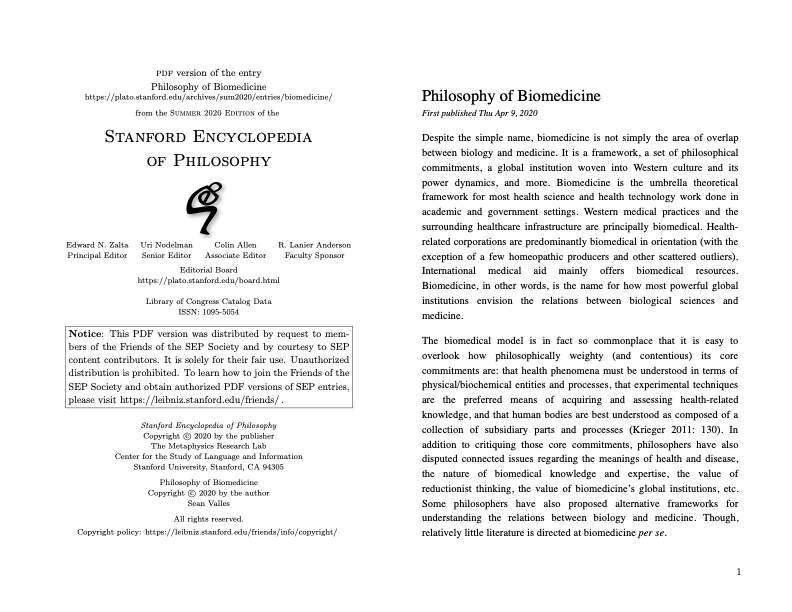In a recent article for Inside Higher Ed professor Boghossian of Portland State University (Oregon) sketches his position that professors should have a primary goal of changing students beliefs if those beliefs are false and seek to replace those beliefs with true ones. He asks, “Should professors attempt to change students’ beliefs by consistently challenging false beliefs with facts?” On the surface, an affirmative answer to this question seems obvious. What professor would want his students to walk out of his or her class with clearly false information when he or she has the power to set the record straight. “I believe our role as educators should be to teach students not just factual data, but the importance of critically examining beliefs by exposing them to facts, and then revising cherished notions when confronted with reliable but discomforting evidence.” He subsequently gave a talk on the PSU campus arguing that faith is a cognitive sickness and should be given no countenance in the classroom.
In this podcast, we talk to professor Boghossian about the thesis of his article, the substance of his lecture and the reaction to it, and his work with prisoners and how critical thinking skills can be used in that difficult environment.
Excerpt:
“I think one of the things we’ve seen happen, and Dennett talks about this in Breaking the Spell, and then he talks about this again in his little article, “Preachers who are not believers,” that people of faith and people who use faith as a process to know the world think that the fact that they use this process to know the world, this is actually a moral issue for them. They think that this way of thinking—I’m hesitant to use the word ‘reasoning’—this way of thinking about the world makes them better people. It imbues upon them a certain characteristic, a quality. A moral quality. Using this way of thinking is a value. And that somehow that value makes them a good person or a better person or more just or a more humble or noble person…. So many people fall for this idea that if somebody says that they are a person of faith, then somehow that means they must be a good person, or a decent person, or a kind person. When in fact that’s not true. It’s just a process of reasoning that will lead one away from the truth.”
Other Resources:
Download MP3 file: Interview with Peter Boghossian (26 Mb)
“Should We Challenge Student Beliefs?”
Inside Higher Ed
Philosophy News write-up on Peter’s article
Select papers by Peter Boghossian:
“Socratic Pedagogy: Perplexity, Humiliation, Shame and a Broken Egg“
Educational Philosophy and Theory
“Critical Thinking and Constructivism: Mambo Dog Fish to the Banana Patch”
Journal of Philosophy of Education
“Socratic Pedagogy, Critical Thinking, and Offender Programming”
Offender Programs Report, Jan/Feb, Volume 13, Number 5
“Behaviorism, Constructivism, and Socratic Pedagogy”
Educational Philosophy and Theory, December, Volume 38, Issue 6
“Socratic Pedagogy, Critical Thinking, and Inmate Education”
Journal of Correctional Education, Volume 57, Number 1, March 18
“How the Socratic Method Works”
Informal Logic: Teaching Supplement, Volume 23, Number 2
“Socratic Pedagogy, Race, and Power: From People to Propositions”
Education Policy Analysis Archives, January, Volume 10, Number 3
“The Socratic Method (Or, Having a Right to Get Stoned)”
Teaching Philosophy, December, Volume 25, Number 4
“How to Make an Argument”
The Clearing House: Educational Research Controversy and Practices, November/December, Volume 76, Number 2









